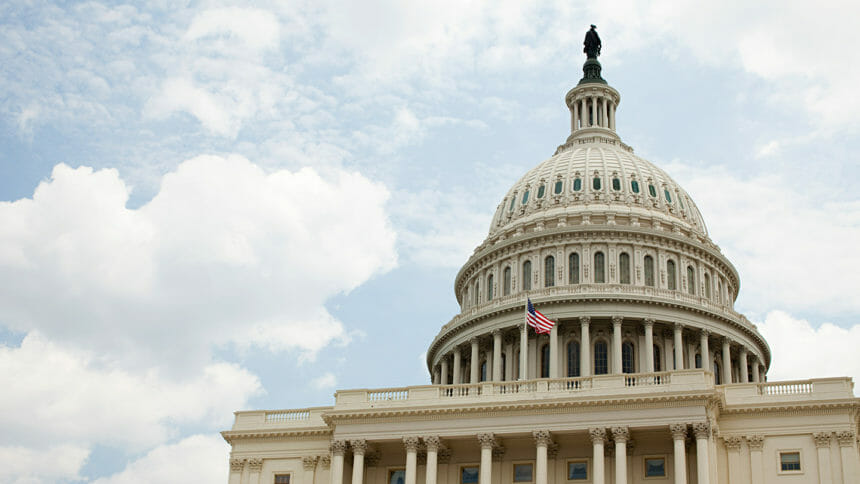
A new Senate bill adds the threat of six years of prison time and considerable financial clawbacks and penalties for executives found to have “looted” healthcare organizations such as nursing homes, as described by the measure’s sponsors.
The Corporate Crimes Against Health Care Act was introduced Tuesday by Sens. Elizabeth Warren (D-MA) and Ed Markey (D-MA). The act is the latest sign of intensifying regulatory pressures from the federal government toward long-term care.
Those pressures have been especially focused toward private equity and real estate investment trusts, which regularly have come under fire for the quality and transparency of their operations.
Fears of private equity wrongdoing were echoed in a report from Warren’s office accompanying the bill’s introduction Tuesday.
“[Private equity’s] aggressive deal-making in the health care sector poses grave risks to patient health and raises questions about potential abuse of taxpayer dollars, as private equity companies routinely load up portfolio companies with usurious debt, sell off valuable assets, and extract exorbitant dividends and fees — regardless of how their investments preform,” the report claims.
Stiff penalties
The bill would create new criminal and financial penalties for executives who are found to have extracted profits from a nursing home in such a way that causes preventable harm to residents.
Most notably, owners would face the potential for up to six years in prison if their business practices were found to have caused any preventable resident death due to financial mismanagement.
The US Department of Justice and state attorneys general would also be granted discretion to claim “all compensation, including salaries” from a 10-year period surrounding a confirmed case of “looting.” Civil penalties also could be authorized on top of these clawbacks — up to five times the total amount.
The bill notes that a private equity firm could defend itself from such legal penalties if it “shows by clear and convincing evidence that the covered party could not prevent the triggering event.”
Beyond the penalties, the bill also would require public reporting of mergers and acquisitions, financial data, as well as debt and debt-to-earnings ratios.
If passed, it also would commission a report on “the harms of corporatization in health care” from the US Department of Health and Human Services Office of Inspector General.
Scrutiny continues
Private equity in healthcare has been the focus of increasing drama lately. The Centers for Medicare & Medicaid Services released a final rule requiring greater ownership transparency from such organizations last fall.
Consumer advocates are often especially suspicious of these for-profit actors in healthcare, though REITs make up only about 12% of the long-term care sector.
Warren and Markey, both from Massachusetts, highlighted the case of Steward Healthcare — a major provider whose recent financial woes have caused painful ripple effects throughout that state’s healthcare system.
Long-term care leaders explain that scrutinized practices, such as the use of related-party transactions, can be helpful for structuring costs and streamlining operations and are not illegal. Further, they claim, increased transparency requirements can be burdensome to already overtaxed administrators in the sector if not handled carefully.
The bill may be putting focus on the wrong problems in long-term care, according to Clif Porter, senior vice president of government relations at the American Health Care Association.
“We fully support financial transparency and reporting,” Porter told McKnight’s Wednesday. “However, this legislation is misguided in its accusations against nursing homes and long term care providers… Focusing on private equity in long term care has become a distraction from the real issues that impact the majority of providers, like Medicaid underfunding and workforce shortages. If we truly want to improve care throughout the health care system, we need policymakers to find a proper balance of oversight while still encouraging more investments. With the proper incentives, we can ensure investors are coming into the health care space for the right reasons.”





